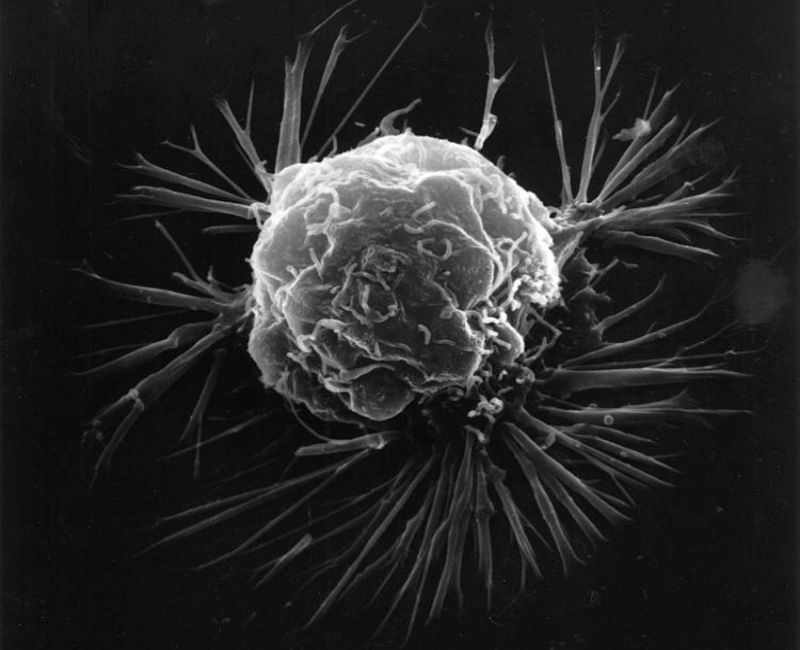
The University of Illinois Chicago (UIC) in the US has reported that its new breast cancer drug was found to be safe and effective in Phase I clinical trials.
The drug, designed for female patients who stopped responding to hormone therapy, showed non-toxicity and the ability to halt disease progression.

Discover B2B Marketing That Performs
Combine business intelligence and editorial excellence to reach engaged professionals across 36 leading media platforms.
Findings have been published in the Breast Cancer Research and Treatment journal.
UIC College of Pharmacy pharmacology professor Debra Tonetti said: “While there are many treatments for breast cancer, about half of women with ER-positive cancers become resistant to hormone therapy, leaving them with few treatments other than chemotherapy, with its well-known toxic side effects.”
Named TTC-352, the new drug acts as a selective human estrogen receptor partial agonist. In preclinical studies, TTC-352 demonstrated complete tumour regression.
The drug has the potential to reduce the risk of uterine cancer development, according to researchers.

US Tariffs are shifting - will you react or anticipate?
Don’t let policy changes catch you off guard. Stay proactive with real-time data and expert analysis.
By GlobalDataThe Phase I trial enrolled 15 women with metastatic breast cancer who were previously treated with multiple rounds hormone therapy, and some also received chemotherapy, including a CDK4/6 inhibitor.
According to researchers, data revealed no toxic side effects, even at the highest doses. A total of six patients had stable disease without progression, two for six months and four for three months.
The doses given to the trial subjects were said to be equivalent with those patients would be given to treat their disease.
UIC medicinal chemistry chair Gregory Thatcher said: “The results of the Phase I trial indicate that TTC-352 is a safe and tolerable alternative to chemotherapy, therefore, without the side effects of chemotherapy, for patients who have already been treated with hormone therapy.”
TTC-352’s investigational new drug (IND) application was approved by the US Food and Drug Administration (FDA) in 2017. UIC licensed the drug to TTC Oncology, which funded the Phase I study, for clinical trials.





